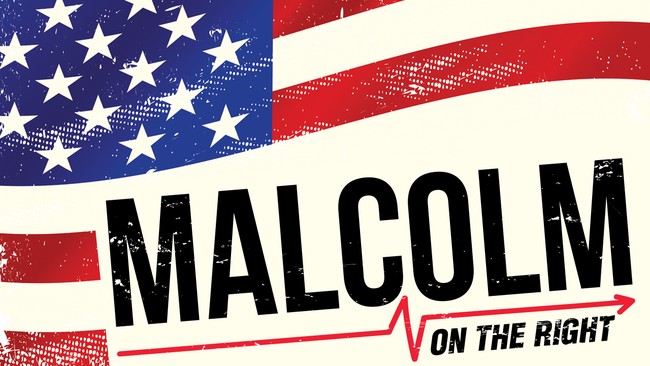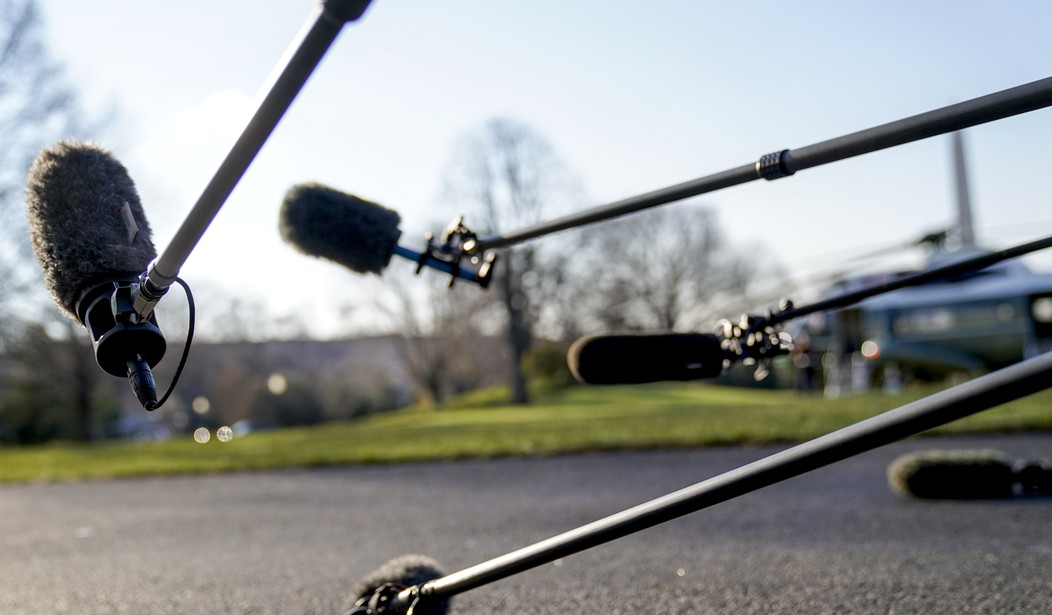As a little boy, the most exciting time of day by far was when Dad returned from work at dinner time. I tumbled noisily down the stairs of our urban duplex. I raced out to the garage. As soon as the car door opened, I was on him.
One after the other in rapid succession, I began reporting in hasty detail on the day’s most important events as processed through the over-confident mind of a 5-year-old. It was very important that he know all this. Which he did not dispute.
Some days, there was just so much to get out that we had to pause in the driveway to process it all. Which he always did.
It became family legend then that over dinner or throughout the evening, every time my mother went to tell her husband something, Dad would say, “Andy told me.” And I would nod to confirm that, yup, that was quite true.
Looking back now, three-quarters of a century later, those driveway news dumps were an early symptom that I was afflicted with journalism. Later signs included dominating sixth-grade Show and Tell.
I’ve written here about my troubles drifting through high school until one day a foreign correspondent spoke to an assembly about traveling the world to witness important events and then writing about them for a newspaper.
That did it! Finally, I had a reason to endure Geometry.
It’s been an interesting journey — often fascinating, sometimes exciting and moving, usually interesting, occasionally scary or boring, even sad. I’ve met and written about thousands of smart, kind, generous, and patient people who shared some moments of their lives so that I could tell their stories. And eventually share some of those experiences here as Malcolm's Memories.
I’ve learned much along the way. One lesson is emotional self-defense. Journalism, its perceived needs, demands, pressures, and if you’re not careful, some of the people who run it, will play with your ambitions, lead you on in deception, then spit you out. Five colleagues of my reporting generation have killed themselves. I can guess why.
Something else I’ve learned is that the journalism I fell in love with long ago and tried to live up to for so long is not the journalism of today. And our society is the worse for it.
We made mistakes as reporters in my day; maybe AI will do better somehow someday. We got quotes and names wrong, fell for a lie, an engaging personality, or a plan that was fake or hidden. They were honest mistakes, sometimes just plain ignorance. But they were not willful. And hopefully, we learned from them.
I’m sure – well, actually, I hope – there remain young journalists somewhere with old-fashioned values who strive to tell their stories as they truthfully are, not as they want them to be. Who feel a duty when producing the very first drafts of history to report honestly, resisting any temptation to tinker with truth, even to fix a society that's given them everything.
But this breed of folks is surely absent in the Swamp, once considered a pinnacle for striving journalists.
I served some journalism time in Washington. You know how you turn on a porch light on these muggy summer nights and instantly, a swarm of insects flocks to flap around it uselessly? Imagine each of those bugs simultaneously shouting questions at that light bulb.
That’s pack journalism. It thrives in the morally-humid conditions of the Swamp, where it's only lying if you're caught. And even then, consequences are rare.
For better or worse, I figured if I was in a pack of journalists, I was in the wrong place. I preferred to be out developing the story no one else had yet, then telling it through the lives and words of people you never heard of. Change did come from some of my reports. But that was not the goal. I was just trying to tell stories honestly, not to fix the world according to my political beliefs.
More often than not, that style worked. Plus, I could sleep at night.
One time, years ago, I was covering a politically hot scandal story in Asia, one with direct political connections to D.C.. Instead of joining the pack hounding a visiting American official at the story's center to no avail, I shunned the reflexive media melee.
I went to the airport. I booked a first-class seat on the only U.S. airline flight out that afternoon.
After takeoff, sure enough, there sat the story's principal investigator, sipping a drink alone, thinking he was free of a reporter's questions for three hours. He wasn't.

Avoiding the pack did get me in trouble at times. Some editors wanted what everyone else had. That's the safest path in any bureaucracy.
The lone-wolf approach did work that time. I got all the information I wanted that no one else had. And to show how crucially important that daily newspaper story was to the course of human history, no one in the world today, including me, remembers anything of what he said.
The Washington journalist pack thrives for the same reason as editor group-think. It's safer in a very competitive city with limited subject matter. Its fraternity members are the best of the best; just ask them. However, that also makes those journalists easy prey as tools and fools.
Remember all those malicious leaks during Donald Trump’s earlier years – The Steele Dossier, prostitutes’ golden showers, how Hunter Biden’s self-incriminating laptop was just Russian disinformation, all that stuff that turned out to be fiction?
The Deep State plays today's younger (cheaper) D.C. journalists there like ocean fishermen throwing chum into a school of bluefin tuna. They can be hooked on anything if it seems exclusive, and especially if it sounds negative for Trump.
We witnessed that last week after the stunning U.S. surprise attacks on Iran’s nuclear enrichment facilities. Trump pronounced the lethal sites “completely demolished” and “obliterated” by stealth bombers unleashing 15-ton bunker buster munitions.
Remember journalist Salena Zito’s gold-standard Trump caveat: Take him seriously, not literally?
Within hours, D.C. media, including some once-respected institutions, were reporting leaks of an intelligence report from unnamed sources that the attacks were far less successful. Largely obscured was the reality that after-action reports take much longer than 36 hours to assemble with even approximate accuracy and the intelligence assessment’s “low-confidence level.”
Byron York, one of the most astute of D.C. observers, put it this way:
A peculiar feature of some media coverage of President Donald Trump: When Trump or Republicans say something, many reporters and commentators reflexively seek to knock it down.
When Trump or Republicans say A, they immediately say not-A. Do Trump and his GOP allies say former President Joe Biden seems out of it? Then Biden must be just fine.
This is the D.C. pack mentality, both journalistically and ideologically. Damage assessment after Hiroshima was easy: Everything is gone. Eighty years later, accurate damage assessments of deep underground labyrinths take longer.
RELATED: Fake News Fail: CNN Exposed for Bad Iran Strike Reporting
Just wait and watch; I bet ensuing bomb damage assessments from Iran will become more accurate, but they won't get the play the disappointing first ones did.
Traditional journalism training held that when a public figure said something, the first question that should come to mind was not, "How can I prove him wrong because I don’t like his politics and want to make a name for myself?"
Or "How can I help cover up or simply ignore the obvious mental lapses of a diminished president whose policies my cult favors?"
That makes for dishonest messengers, not journalists who were awarded constitutional protections as honest government watchdogs by our Founding Fathers.
The first checkpoint in a journalist's mind should be, "Why is he telling me this? How can I conscientiously check it? If it can’t be checked, how best to honestly qualify the statement with verbs like 'asserted' or 'stated,' not 'claimed' or 'boasted'?"
There’s a big difference in presentation there. Astute news consumers without extensive journalism experience need to be aware and routinely ask the same questions in their own minds.
These quick, superficial bomb debunkings by unidentified sources eagerly disseminated by D.C. journalists with a record of passing on previous disinformation have the intended political effects of diminishing an impressive military success. More importantly, from the reporter’s slanted ideological standpoint, they reduce a hostile administration’s genuine achievements on behalf of national security.
From a political point of view, these targeted leaks and their resulting controversy serve the political goals of liberals and their complicit media and their desperate, often clumsy attempts to control the narrative.
These also twist the public discussion away from the positive recognition of something that might benefit the incumbent president and, by the way, the nation’s security: confronting a hostile Iran with nuclear weapons of mass destruction that would annihilate on a bipartisan basis. This isn't a board game.
Thanks to the masked ideological desires of a complicit media, they try to turn the important discussion into an alternate narrative and an empty debate over leaks and Trump exaggerations.
I’ve written previously about the cratering of media credibility through their wanton bias. We no longer have a generally accepted set of facts to debate, historically a crucial ingredient in the constant competition of a properly functioning democracy.
A half-century ago, about two-thirds of Americans trusted mass media to report “the news fully, accurately, and fairly,” according to Gallup.
Today, less than a third (31 percent) have a great deal or fair amount of trust in media. And a stunning 69 percent have little or no trust at all.
With its 250th birthday arriving in just 53 weeks, the nation is left with only bitterly competing narratives. This does allow each side to firmly believe what it wants to believe, with absolute conviction and little thought.
These narratives are based on selective information stubbornly embraced by each side, producing a mutually beneficial political polarization that cripples resolution of issues and fuels distractions, along with an ongoing national bitterness and divisions inflamed by media for their own business self-interests. And it's a shaky way to run even a messy democracy.
All of which, not coincidentally, enhances political fundraising that fuels the ongoing acrimony.
If my father were reading this, he could say, “Andy told me.”














